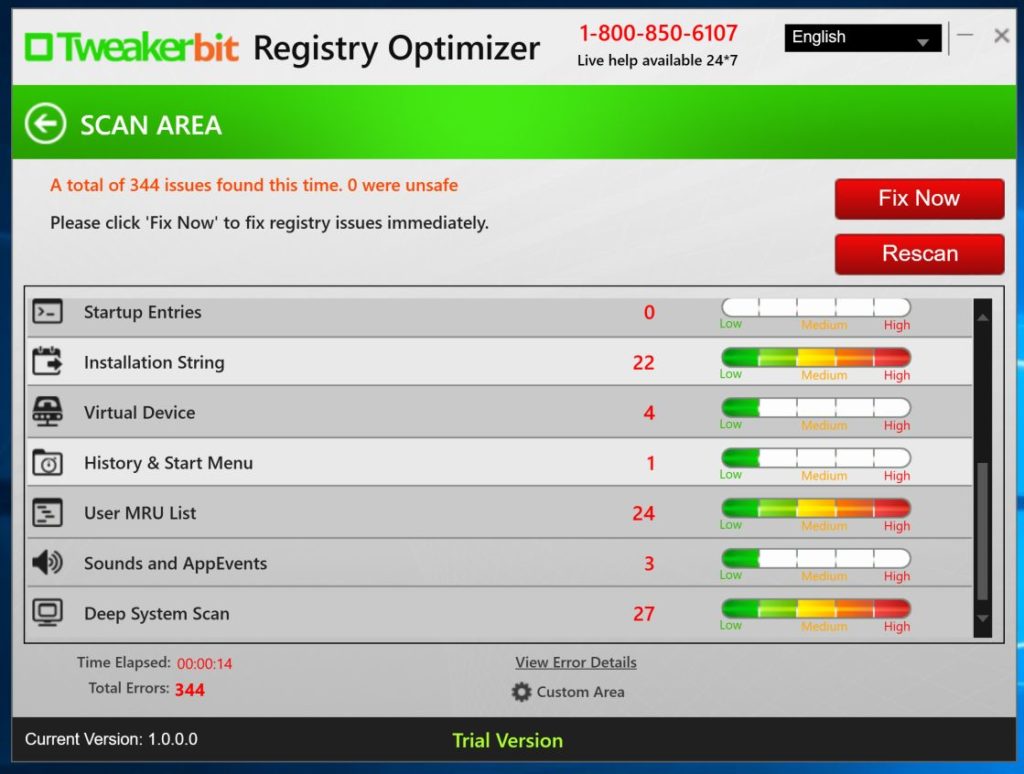Coronavirus [COVID-19] Phishing Emails
Posted on March 19, 2020 - News
The current COVID-19 pandemic has cybercriminals on the loose. They have been taking advantage of this global crisis, preying on people’s fear, in order to obtain personal information and infect computers for profit. They scam people by sending phishing emails claiming to be from legit sources like the World Health Organization (WHO) or from the Centers for Disease Control and Prevention (CDC). These spoofed emails supposedly contain safety measures and treatment for the virus, travel advisories, or the latest health bulletin. It may also have advertising links selling bogus COVID-related products like vitamins and supplements.
When receiving such emails, one must exercise these safety precautions:
Always bear in mind that health agencies like the CDC and WHO will never ask for personal details or login credentials thus do not give out any information. You may go directly to the agency’s official website if you need to verify facts and data.
News coverage about the coronavirus is truly overwhelming. Make yourself informed by going directly to reliable sources. Be vigilant not to fall prey into any of the phishing scams these cybercriminals are trying to exploit in the midst of public paranoia and panic.


